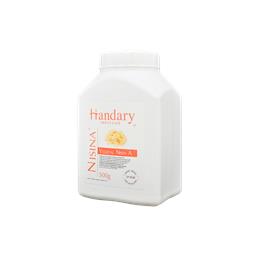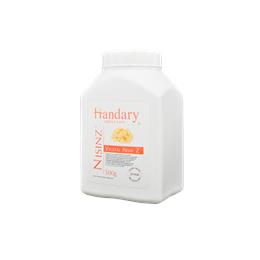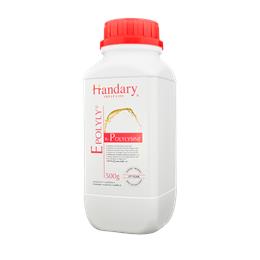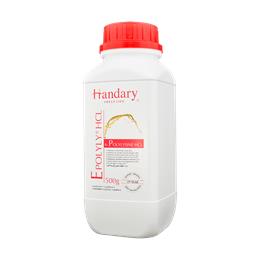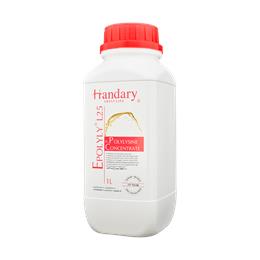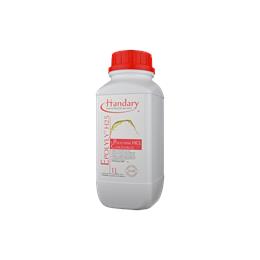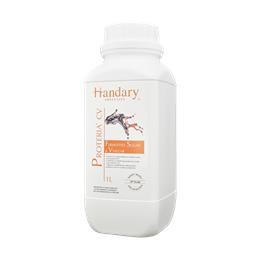Description
Cured and smoked seafood are types of seafood that have undergone a process of preservation, which involves the use of salt, smoke, or a combination of both to extend their shelf life and enhance their flavor. While cured and smoked seafood products can be a flavorful and nutritious addition to many dishes, it's important to note that they can also be high in sodium and other preservatives, which can be harmful in large amounts.
As with any type of food, it's important to follow safe handling and preparation guidelines to minimize these risks. The most frequent spoilage issues in this category are C. botulinum / L. monocytogenes / Salmonella and Oxidation and Off-flavors.
Oxidation and Off-flavors
Oxidation and Off-flavors can be a concern in cured and smoked seafood products due to the high fat content of some types of fish, such as salmon, trout, and mackerel. When exposed to air and light, the fats in the fish can oxidize and develop off-flavors, which can affect the taste and quality of the product.
To minimize oxidation and off-flavors in cured and smoked seafood products, manufacturers may use techniques such as vacuum packaging, which can help to prevent exposure to air and light. They may also add antioxidants, such as vitamin E or rosemary extract, to the product to help prevent oxidation. In addition to these measures, proper storage and handling of cured and smoked seafood products is important to maintain their quality and safety.
C. botulinum / L. monocytogenes / Salmonella
C. botulinum / L. monocytogenes / Salmonella are all types of bacteria that can potentially be found in cured and smoked seafood products.
C. botulinum is a type of bacteria that can produce a toxin that can cause botulism, a serious and potentially deadly illness. C. botulinum is anaerobic, meaning it grows in the absence of oxygen, and it can survive and grow in low-acid environments, such as those found in some types of cured fish.
L. monocytogenes is a type of bacteria that can cause listeriosis, a serious illness that can be particularly dangerous for pregnant women, older adults, and people with weakened immune systems.
Salmonella is a type of bacteria that can cause salmonellosis, a common foodborne illness. Salmonella can be present in raw seafood, and it can potentially survive in smoked seafood products that are not properly cooked or stored.
 English
English 简体中文
简体中文 Français
Français Español
Español

